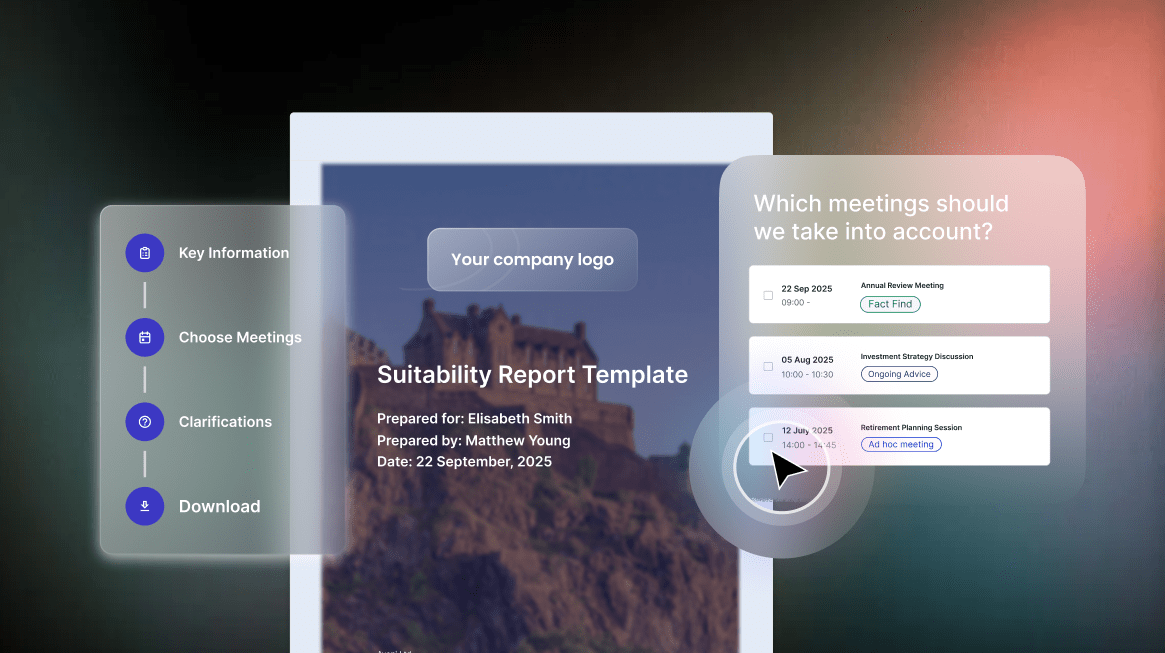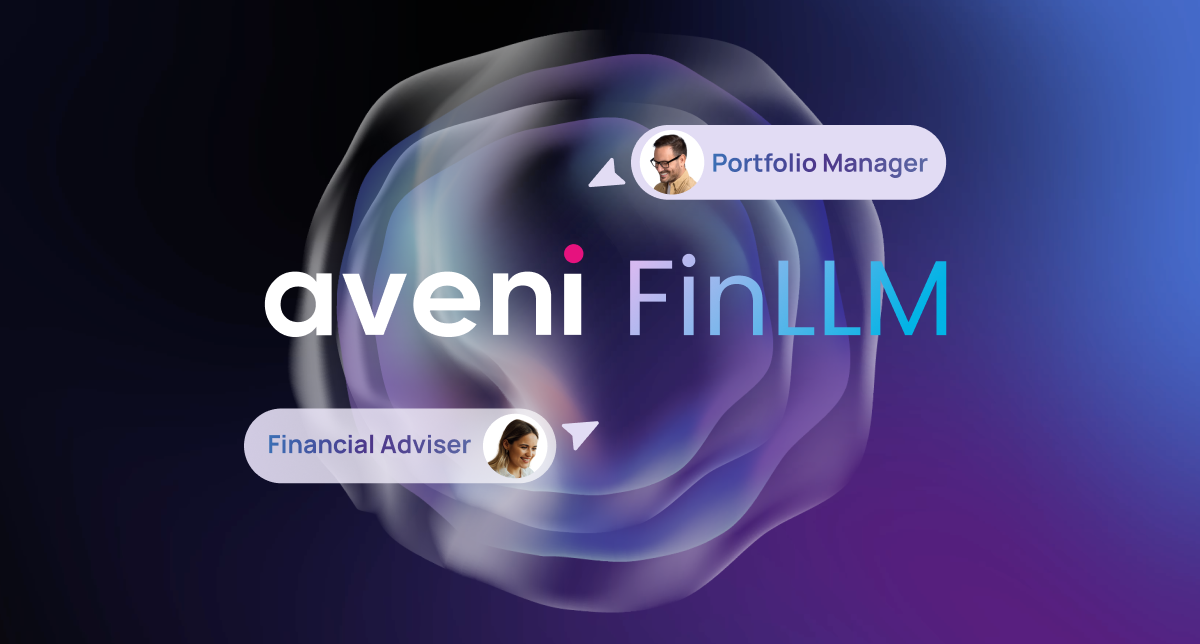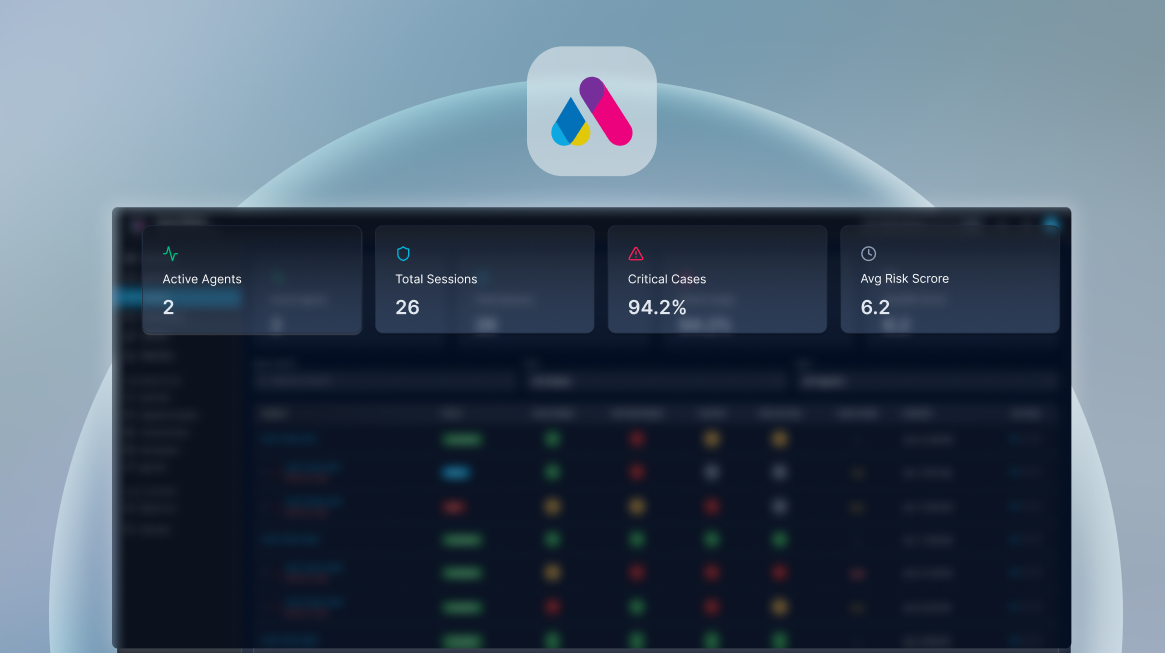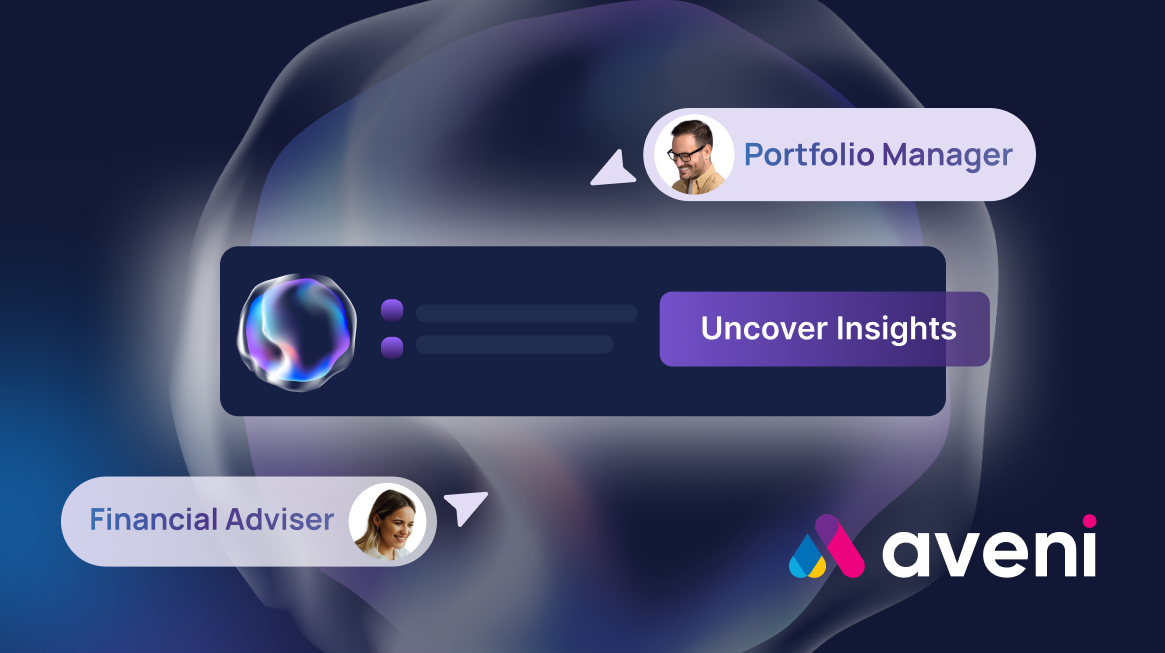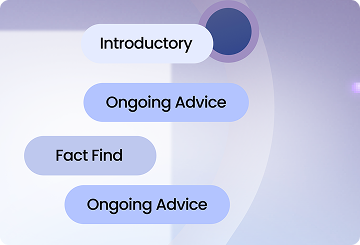
AI agents in financial advice are transforming how firms operate
For financial advice professionals, let’s break down what AI agents could mean for your business without all the jargon. AI agents are essentially digital workers that can perform tasks like a human—clicking buttons, reading screens, and making decisions. They’re evolving fast, but they’re not perfect yet. The key is knowing what they’re great at—and where they still need a human touch.
How AI Agents in Financial Advice Are Changing the Industry
-
They work with your existing tools – AI agents can use the software you already have, no special setup needed. They navigate interfaces just like a person would, which makes automation simpler. The catch? They’re not always reliable, especially with complex systems, so you’ll need to stay vigilant, and tech companies must establish guardrails around the remit of the AI agent. Clear documentation and user-friendly dashboards can help firms keep better control over how AI is interacting with their systems.
-
They’re built in layers – Think of AI agents in financial advice as having different pieces that fit together—memory, logic, monitoring, and tools. This layered approach makes them adaptable, but it also means you’ll need to put some thought into how they slot into your workflows. A little effort upfront pays off. Understanding each layer’s function can also help in troubleshooting issues when they arise.
-
Start simple, then scale – Overengineering AI can backfire. The best approach is to start with small, easy-to-manage tasks and expand as needed. This is key for financial services firms looking to automate without adding unnecessary risk.
-
They need checks and balances – Good AI design involves breaking tasks into smaller steps and validating outputs. This is crucial for financial compliance, where errors in calculations or advice could lead to regulatory trouble.
-
Safety and accountability are critical – AI agents need boundaries. Define what they can and can’t do, and keep detailed records of their actions. This isn’t just about compliance—it’s about doing right by your clients and avoiding legal headaches.
-
Real-world testing is vital – AI agents may work well in controlled tests but fail in messy, real-world financial scenarios. Continuous monitoring and human oversight help prevent costly mistakes.
-
Financial firms are cautious – Adoption is slow because AI agents still make unpredictable errors. Firms need strong guardrails before trusting them with sensitive financial decisions.
-
Explainability is non-negotiable – If an AI suggests a product or strategy, you and your clients need to know why. Regulators will too. Being able to explain the reasoning is crucial for trust and staying on the right side of the rules.
-
Hype vs. reality – AI agents are powerful but not magic. Some firms are over-promising their capabilities, while practical, real-world applications are still catching up.
-
The industry needs standardization – With so many different approaches, a common framework would help financial firms adopt AI agents in financial advice with more confidence. Organizations like the Financial Conduct Authority (FCA) are already exploring AI regulations to ensure ethical implementation in financial services. As guidelines develop, keeping up with regulatory bodies will be essential for firms looking to integrate AI responsibly.
Takeaway for Financial Advice Firms
AI agents in financial advice firms could streamline things like onboarding or compliance checks down the road, but for now, proceed carefully. When choosing an AI provider, look for one that builds their agents on ethical, responsible, and transparent models. You’ll want to ensure they’ve got strong industry-specific guardrails in place—think rules and checks tailored to financial services—and that their team understands the unique challenges you face. Ask about their training processes, too, to make sure they’re preparing their AI to handle your world with care. With the right partner, you’ll have solid oversight, clear explanations, and real benefits. Done thoughtfully, they can save time and let you focus on your clients.

